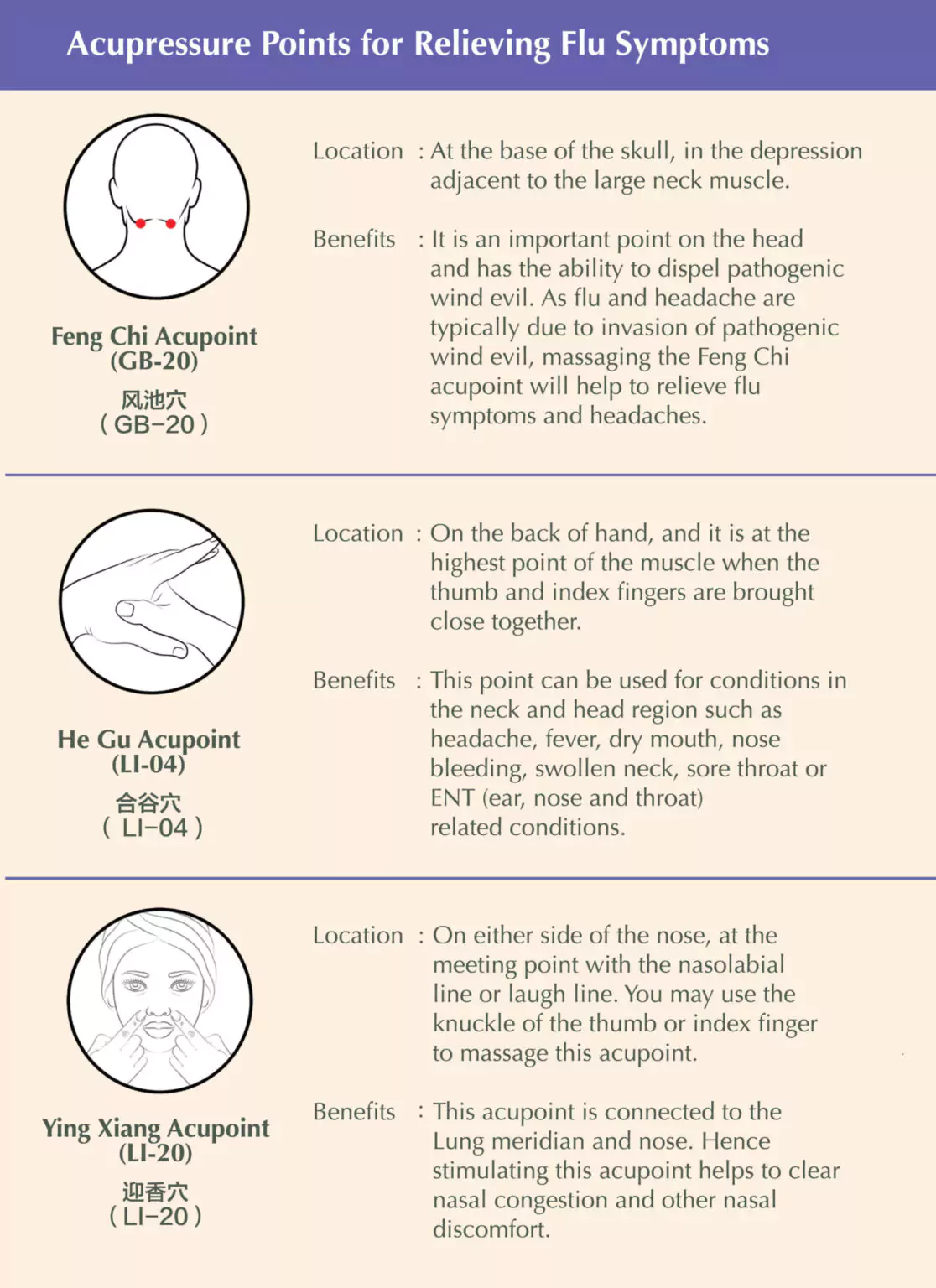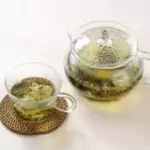Parents often despair – with good reason – that their school-going children not only catch whatever’s going around, but pass it on quite indiscriminately to siblings and playmates.
As was the case with Ms Winifred Ling, whose two-year-old daughter, Olivia, got sick “almost every month” for a year after she started going to nursery.
“She mostly had colds,” Ms Ling, a psychologist practicing in Singapore, recalls. “She would have a runny nose, lots of phlegm, and would be coughing quite a lot. Sometimes, when she had a hacking cough, she would end up vomiting.” “We would take her to see a paediatrician and she would be alright for a while after taking the prescribed medication, but then she would catch the next virus going around.”
Eventually, Ms Ling took her daughter to see a Traditional Chinese medicine (TCM) practitioner who focused as much on resolving Olivia’s symptoms as on boosting her immune system. Olivia was managed with herbs and paediatric tui na, a form of massage therapy that promotes the smooth flow of qi (a person’s vital force) in the body. Together, the treatments not only eliminated the pathogens that caused Olivia’s illness but also strengthened her overall constitution.
“She is five now, and we have continued our regular TCM visits and treatments as they help keep her healthy,” Ms Ling says.
Smoothing out the energy flow
Olivia’s case is not uncommon among children, whose immune systems are still developing and are susceptible to environmental allergens and diseases.
TCM practitioners believe that children have relatively weaker lung, kidney and spleen systems, which can compromise their overall immunity.
“A weak lung system increases the likelihood of respiratory illnesses, while a weak spleen system makes one prone to digestive illnesses,” says Eu Yan Sang physician Quek Yiyan. “That’s why children often catch colds and have stomach upsets.”
In TCM, healthy qi defends against external pathogens. When the flow of qi in organs is not optimal, their delicate yin-yang balance is disturbed. In managing children, TCM practitioners therefore focus on strengthening or restoring the flow of qi, particularly around these vulnerable systems. The objective is to keep the body in a balanced yin-yang state, says Physician Quek.
Like running water in a stream, Qi cannot afford to be stagnant, “If an organ is colonised by bacteria, such an invasion can be imagined as a brackish pond,” she says. “The organ then has to be ‘cleansed’ and the proper flow of qi re-established.”
Re-establishing the flow of Qi can be done using different therapies, including herbal medication, paediatric tui na, or by making adjustments to diet or lifestyle.
A natural way
Herbs are an important cornerstone of TCM treatment and have a variety of effects, such as warming, cooling and strengthening (increasing qi). Although the types of herbs prescribed to children are similar to those prescribed to adults, the dosage and specific formulas depend on the child’s condition, age and weight. This is why a trained and licensed TCM practitioner should always be consulted, Physician Quek says.
Paediatric tui na is also an effective treatment for young children. A trained paediatric physician uses specialized massage techniques to stimulate acupoints that are specific to children, enhancing the flow of qi throughout their body.
Other TCM treatments like acupuncture and cupping are generally not recommended before adolescence. However, a physician may decide on them on a case-by-case basis.
TCM treatments offer a safe and reliable alternative with few side effects, an important consideration for parents keen to ensure the health of their children. Should a child fall sick, TCM also focuses on solving the root cause of the illness, not just the symptoms.
Better habits for stronger immunity
TCM practitioners generally advocate a holistic – and sustainable – approach to building a strong immune system. Besides prescribing herbal medication, tui na, and acupuncture for older children, physicians are likely to also advise on an appropriate diet and lifestyle.
Cold drinks and too much fried, sweet or spicy food should be avoided as they create “dampness” in the body, Physician Quek says. “Excessive amounts of these foods weaken the digestive function of the spleen and stomach, which in turn allows dampness to accumulate,” she explains. Accumulated dampness can, over time, cause blockages and illness. Regular mealtimes should also be observed, as this helps with proper digestion.
Herbs that help increase Qi can be added to soups or stir-fries. These include Poria (Fuling, 茯苓), White Atractylodes (Baizhu, 白术), Euryale seeds (Qianshi, 芡实), Coix barley (Yiyiren, 薏苡仁), Astragalus root (Huangqi, 黄芪) and Chinese yam (Huaishan, 淮山). Chinese yam, in particular, can be consumed daily as a food supplement as it helps improve digestion, Physician Quek says.
Herbs with strengthening properties should not be given to a child who is already ill as “these herbs could strengthen the invading pathogen instead, and make expelling it more difficult”, she cautions.
Qi Strengthening Soup
Ingredients:
Astragalus root (Huangqi, 黄芪) 10g
White Atractylodes (Baizhu, 白术) 10g
Licorice root (Gancao, 甘草) 5g
Pork ribs 500g
Water 1L
Quantities can be varied to individual liking
Preparation:
Rinse the herbs and blanch the pork ribs.
Place all ingredients into 1L of boiling water.
Simmer over low heat for three to four hours.
Serve.
Good lifestyle habits should also be practiced. These include getting adequate sleep, having moderate exposure to cold weather to “build up the child’s resistance to external pathogens”, and catching some sun to “help boost yang qi, which is important for a child’s development”.
This holistic approach to strengthening immunity is something Ms Ling appreciates – although it took some effort on her part as well.
“When we first started TCM, my daughter had trouble taking the herbs, but now it’s no longer an issue,” she says. “And happily, she doesn’t fall sick so frequently anymore.”





